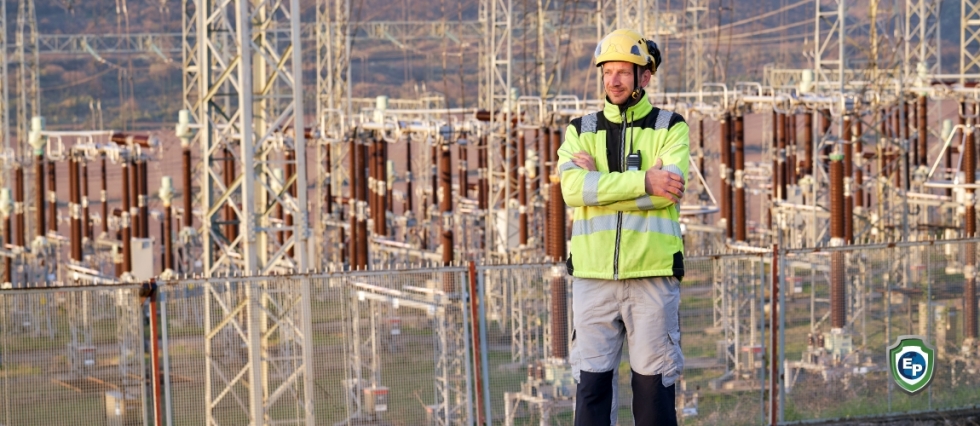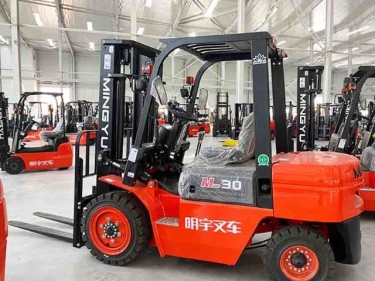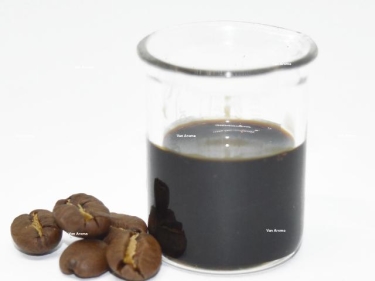War in Ukraine - Working on European Measures to Freeze Energy Prices for Households and Businesses
Learn how Europe is taking action to freeze energy prices for both households and businesses in Ukraine during the ongoing war. See how these measures are being implemented and their impact.

The war in Ukraine and the sanctions imposed on Russia have caused a shock to oil, gas and electricity prices with repercussions for households and businesses. In order to limit the consequences on the lives of households and small businesses, Europe is acting.
A new European agreement
The recent explosions on the Nord Stream 1 and 2 gas pipelines in the Baltic Sea, denounced by the EU as acts of "sabotage", have further increased tension in the European bloc, already shaken by soaring prices linked to the war triggered by Russia in Ukraine. Faced with this situation, European energy ministers reached an agreement on Friday, September 30 on emergency measures to help households and businesses cope with soaring energy prices, announced the Czech Presidency of the Council of the EU. These measures consist in recovering part of the "super profits" of energy producers to redistribute them to the consumer, and in reducing the demand for electricity at peak times.
Details of actions taken
The Council agreed on an overall voluntary reduction target of 10% of gross electricity consumption and a binding target of a 5% reduction in electricity consumption at peak times. Member States will identify the 10% of their peak hours during which they will reduce demand between 1 December 2022 and 31 March 2023.

The proposal also contains joint purchases of gas between Member States in order to negotiate better prices. Concretely, companies buying gas will have to consolidate their orders under the leadership of the European Commission. A partially mandatory mechanism, since at least 15% of storage capacities per country should be covered by this new tool as stipulated in the regulation on gas storage adopted in June 2022
The temporary capping of the TTF (Title Transfer Facility) gas price reference is also part of the measures decided. This involves the establishment of a price cap mechanism on the main European gas exchange, a virtual market based in the Netherlands where shippers and buyers trade gas. In the event of a violent price spike, a price corridor would be decided by the Member States.
The only downside is that the text approved by European leaders does not mention the commitment to put it in place, but mentions the desire for the European Commission to present proposals.
Stay Tuned with Export Portal
For information on how B2B export works, be sure to check out our Blog Page today!


















Comments 0